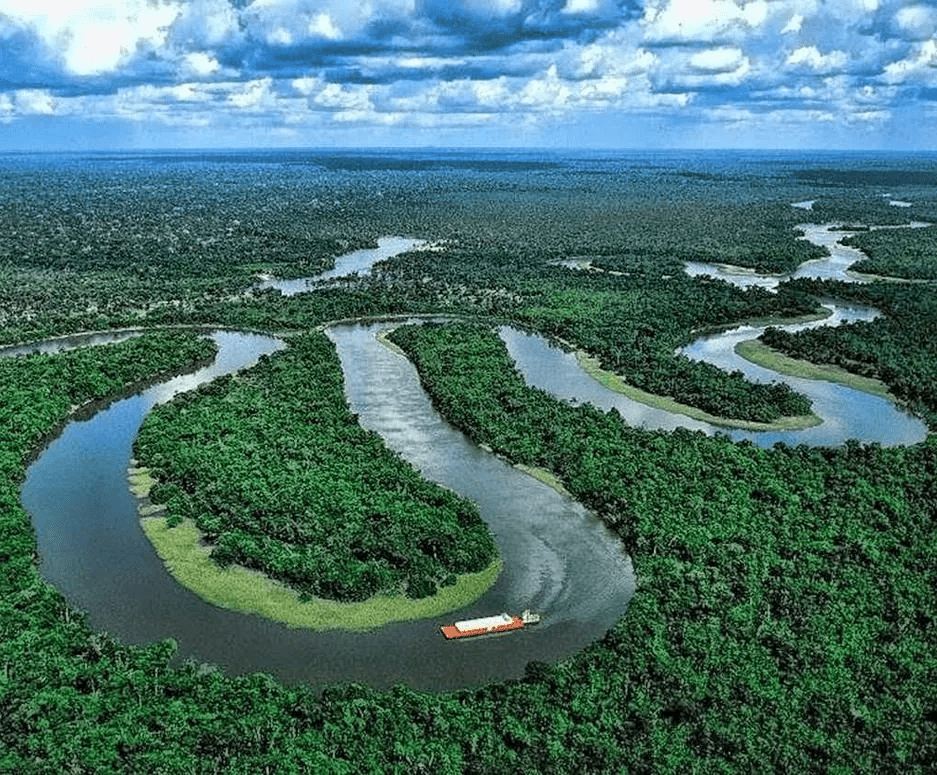
| The Democratic Republic of Congo is widely considered to be the richest country in the world regarding natural resources. |
The world’s largest hydroelectric project is expected to be built by Australia’s Fortescue Metals Group
The government of DR Congo has awarded exclusive rights to develop the Grand Inga network of dams in Congo that would be twice the size of the current global biggest.
According to new report by Albanian Minerals; DR Congo is one of the richest and most blessed country in the world with natural resources. The climate DR Congo is equatorial tropical, with two rainy seasons including very high rainfalls, and high temperature year round, unlimited green energy recources’, hydropower, wind, solar and thermal. Wealthiest country in the world on potential for green energy.
The Democratic Republic of Congo, untapped mineral deposits are worth over $35 trillion.
RD Congo has limitless water supply, richest fertile soil of any land in the world , beneath the soil abundant world class mineral deposits of cobalt, gold, diamonds, petroleum, timber, potash, lead, zinc, uranium, copper, phosphates, gold, manganese, natural gas, coltan, niobium, tantalum, iron ore, lithium beryllium, rare earths (monazite, euxenite), niobium, tantalum (columbo—tantalite, pyrochlore),zirconium, titanium and germanium.
A mosaic of rivers, forests, savannas, swamps and flooded forests, the Congo Basin is the heartbeat of biodiversity in the world .
Sahit Muja one of the world’s top mining executives from New York said,”I have been working for 20 years in mining industry as CEO of Albanian Minerals; Congo have been a epicenter of my focus of investment’s and learning . Investing in publicly trading companies in Africa and Congo has open for me a window that is bringing light of knowledge in this amazing wealthy continent”.
Albanian Minerals in cooperation with numerous institution’s and geologists is working in fining mineral resources and opportunities in Congo.
According to research by Albanian Minerals : Congo has the largest cobalt reserves in the world, with potential reserves over 10 million metric tons as of 2023. Cobalt is an essential mineral used for batteries in electric cars, computers, and cell phones.
The world’s largest reserves of coltan, 80 percent of global reserves of coltan lying in the DRC, coltan has become the new “black gold”. Coltan is refined into tantalum powder to make heat-resistant capacitors in cell phones, laptops, and other high-end electronics.
Congo has one of the worlds largest copper reserves , with some of the mines estimated to contain grades above 3 to 5% significantly higher than the global average of 0.8%.
The price of minerals and metals has substantially changed as of 2022. According to reevaluation by Albanian Minerals , DR Congo had an estimated over $35 trillion in untapped mineral deposits, previously estimated $24 trillion.
DR Congo Water Resources and Hydropower valued over $40 trillion.
Congo has over 50% of the African continent’s water reserves with the worlds largest green hydro energy potential. The Congo is by far the largest African river; its annual discharge of 1.3 trillion cubic meters. The world’s largest hydropower project proposed for the Congo River Grand Inga.
The greatest green energy project plan envisions the rehabilitation of two dams and construction of two dams to tap the immense hydropower potential of the river. Proponents tout “Grand Inga” as a transformative project that will be the beacon of development on the African continent by delivering cheap electricity to 500 million Africans
With an estimated capacity of 45,000 megawatts (MW), or 40% of the continent’s electricity needs, the Grand Inga Dam is presented by Albanian Minerals to the world’s richest and most powerful companies as an important anchor for green energy and the resolution of electricity shortages in Africa.
Supplying near 40% the African continent with green energy for centuries is indeed fair valuation of $40 Trillion income in the long term. Total spending on energy in the United States came to estimated 1.3 trillion U.S. dollars in 2020.
DR Congo rainforest, land resources valued over $25 trillion
The Congo Basin has been inhabited by humans for more than 50,000; The Democratic Republic of the Congo, is a country in Central Africa. It is, by area, the second-largest in all of Africa, and the 11th-largest in the world.
The Congo Basin contains the world’s second-largest rainforest, crucial for rainforest, the Congo Basin’s trees soak up some 1.2 billion tons of CO2 a year. The Congo’s rainforest plays a crucial role in the stability of the world’s climate.
The Congo Basin makes the most important wilderness areas on Earth. The rainforests of the Congo Basin are one of the most important centers of diversity on the planet, harboring one out of every five species.
The forest is home to some of the richest biodiversity on the planet, with thousands of fish, plant, bird and mammal species
There are approximately 10, 000 species of tropical plants in the Congo Basin and 30 percent are unique to the region. Endangered wildlife, including forest elephants, chimpanzees, bonobos, and lowland and mountain gorillas inhabit the lush forests. 400 other species of mammals, 1,000 species of birds and 700 species of fish can also be found here.
Congo has near eight months of rain, more than 50% of all the rivers, lakes and wetlands in Africa, and more agricultural land than any African country, with the potential to feed over 2 billion people.
The global soil depletion and high levels of greenhouse gas emissions, cannot deliver sustainable food and agricultural production in the world.
“Congo needs innovative systems that protect and enhance the natural resource base, while increasing productivity. Needed a revolution towards agroecology, agro-forestry, climate-smart agriculture and conservation agriculture, Technological improvements, along with drastic cuts in fossil fuel use, would help address global climate change Mr. Sahit Muja said.
Tourism, Livestock, Forestry and Fishery has huge potential in Congo. Congo and Africa need revolutionary change and that change only happens when ordinary people get involved, get engaged, and come together to demand it.
Albanian Minerals CEO Sahit Muja said, “Africa needs education system that is cultivating that concept of active citizenship ,lasting change doesn’t come from any one person. It comes only when everybody in Africa works together to win and protect progress.
My goal is an idea of the future , inspiring, empowering, and connecting the next generation of business leaders to change their communities, their countries, and our world for the better”.
Sahit Muja added that; Africa has huge potential to invest with patience and persistence it can get better, the progress can be made, prosperity can be shaped with substantial work and dedication, as long as all People in Africa and the world play our part.
Africa; being so richly endowed with significant reserves of the world’s most important metals, must immediately change the course and become equipped technologically and financially to become a significant producer and put an end to the pattern of Africa’s abundant resources yielding limited benefits to Africa and Africans.
Currently, in Congo financial gains go predominantly to foreign corporations who export the raw materials obtained at extremely cheap prices.
Congolese people are poor, looking at the issue from economic prosperity dimension, It is fair to say trading raw materials to global markets at very low price is a significant disadvantage .
The conclusion that can then be drawn from this situation is that; the current mineral resource trading model is not working to bring economic prosperity to Africa particularly in in Congo; The world’s richest Nation in Natural Resources .
Albanian Minerals in collaboration with The Government of Congo and advocating for a new vision for African Mineral Resources to be effectively utilized to address her social and economic needs. To achieve the high aspirations of this vision, Africa needs to get back to the fundamentals and solve problems of Electricity and critical Infrastructures that have continued to plague the management of the Continent’s Natural Resources.


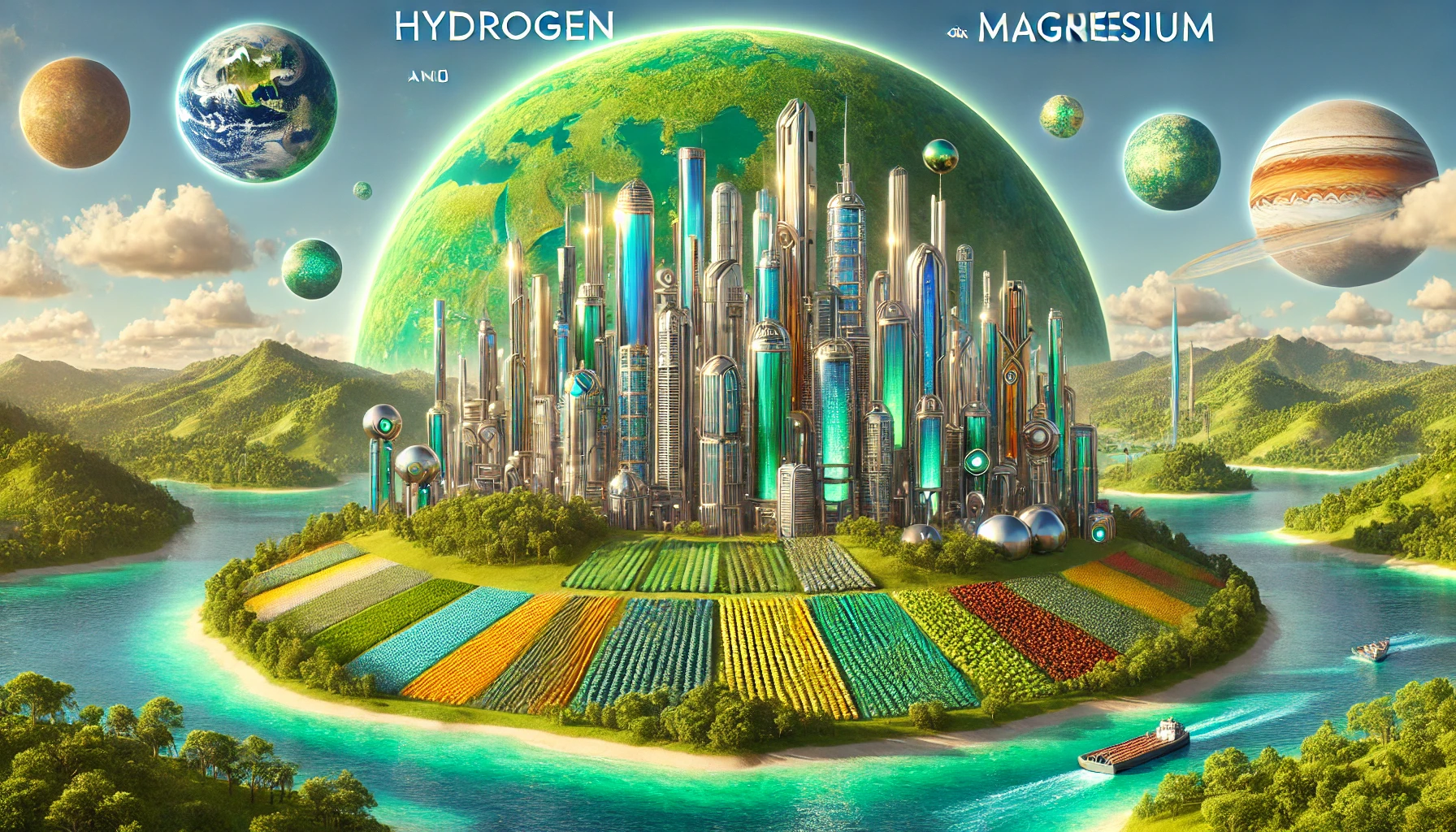
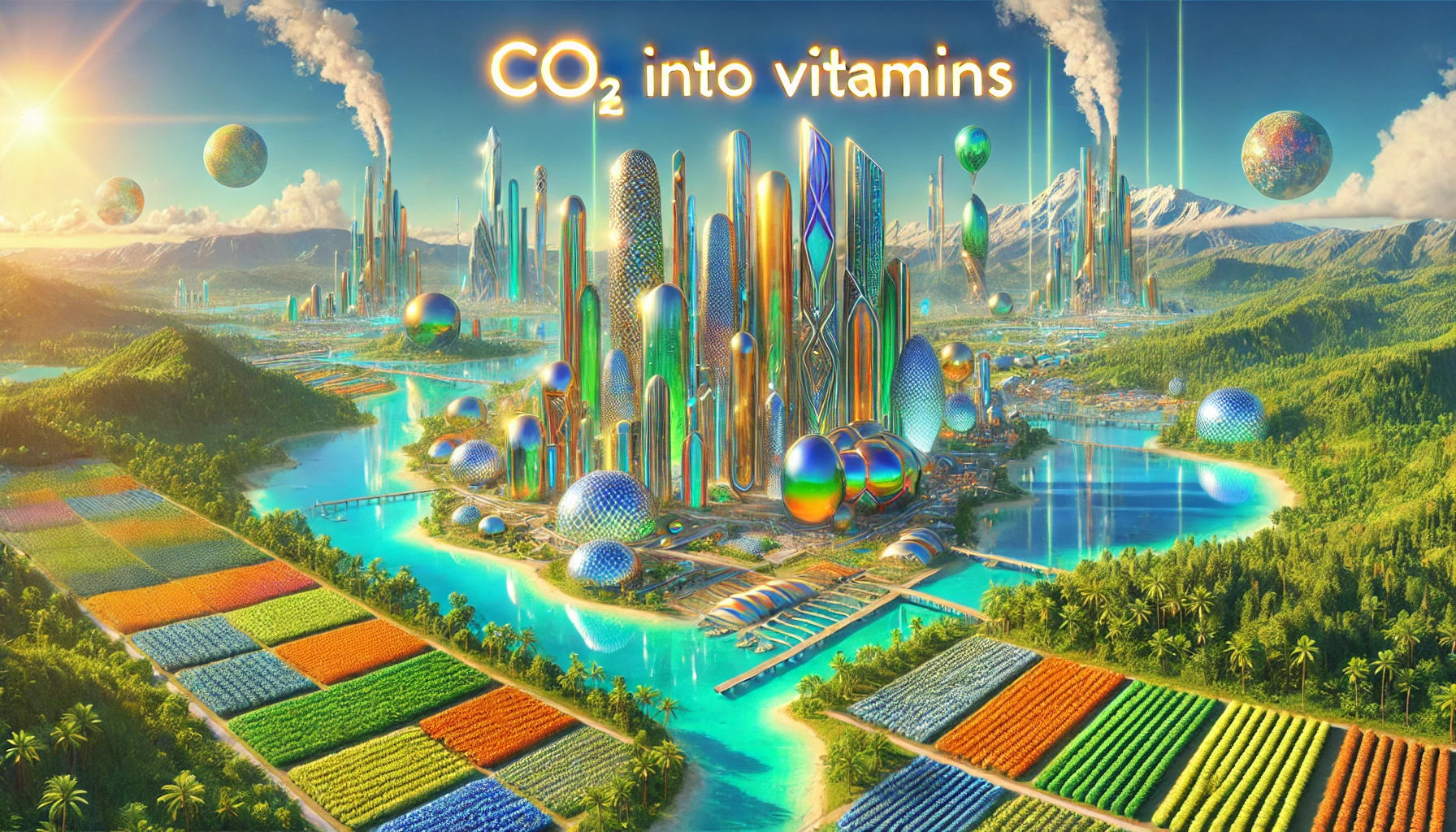

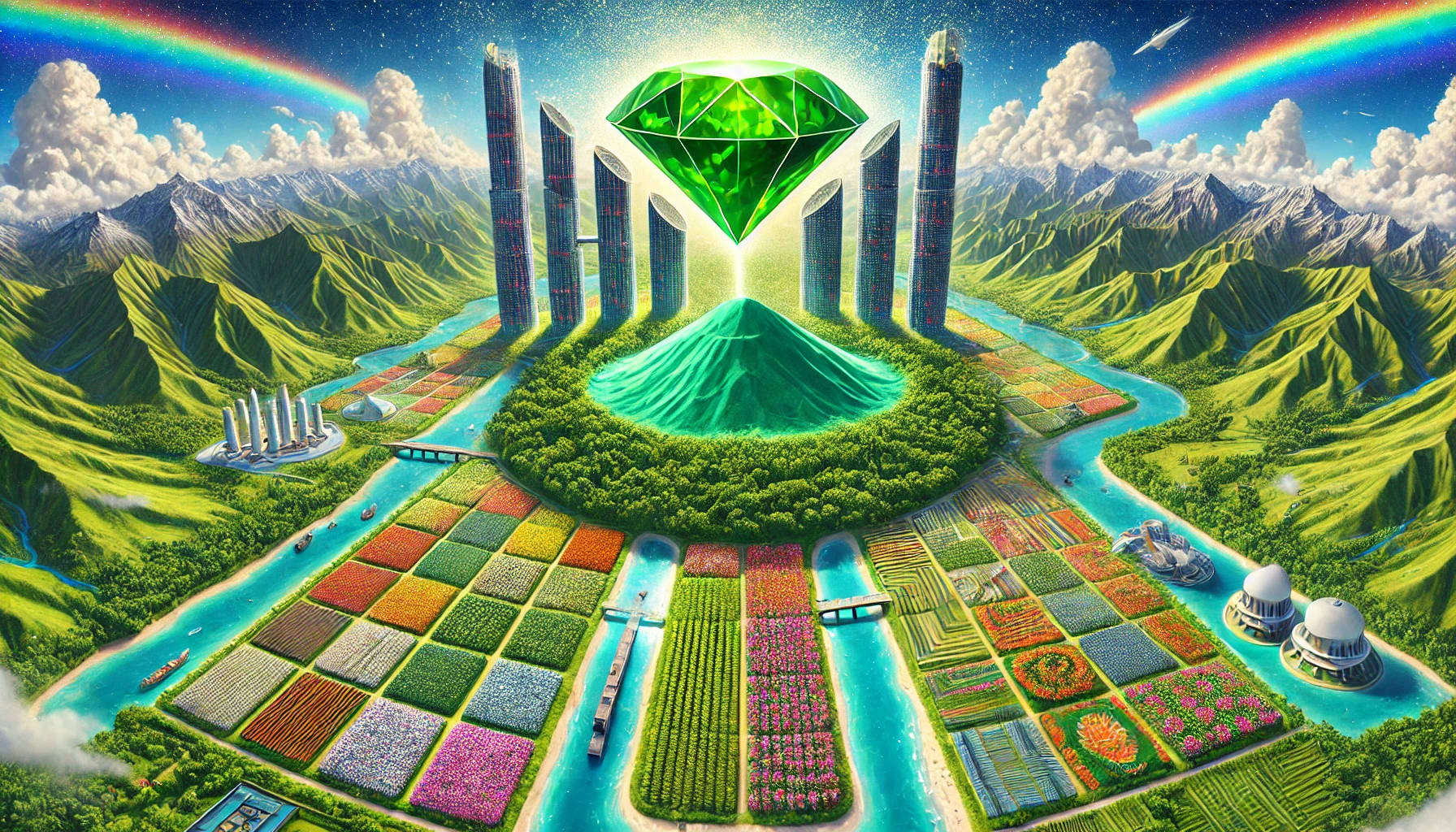

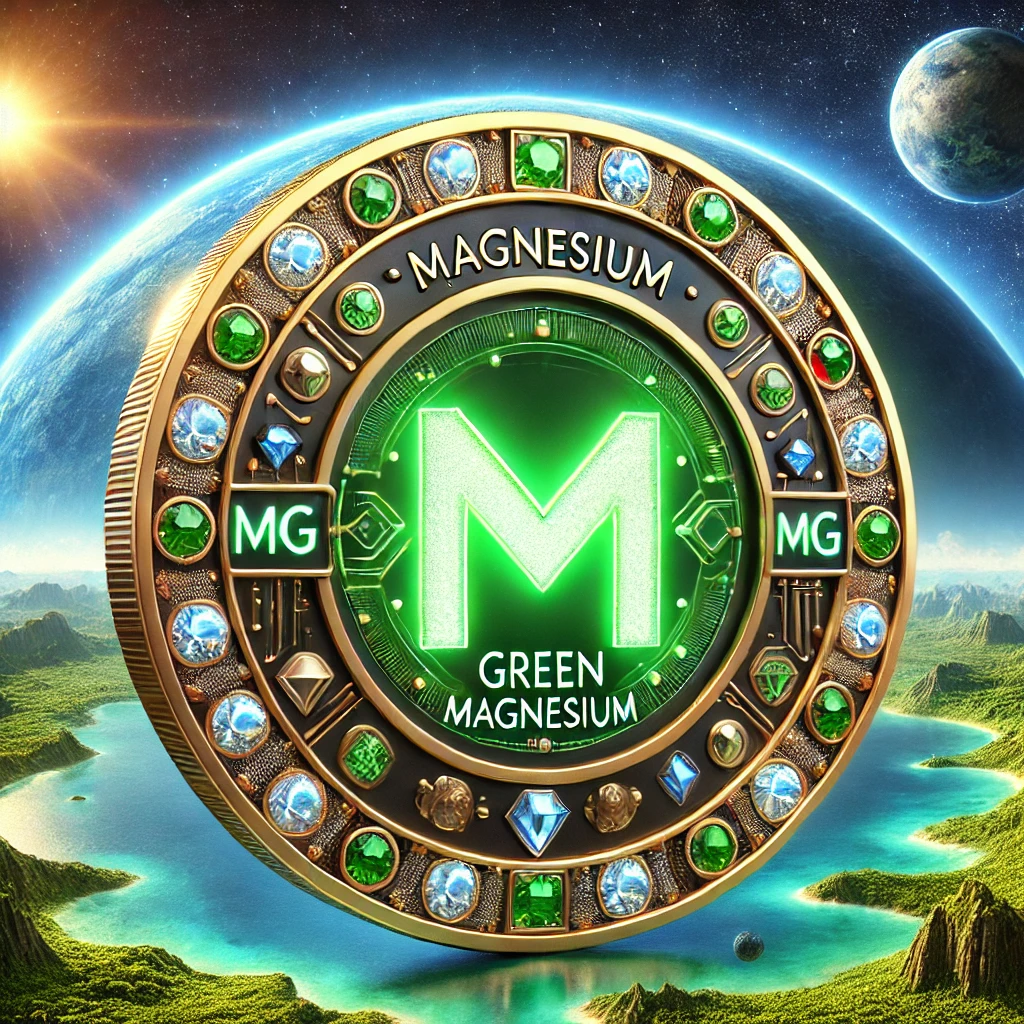
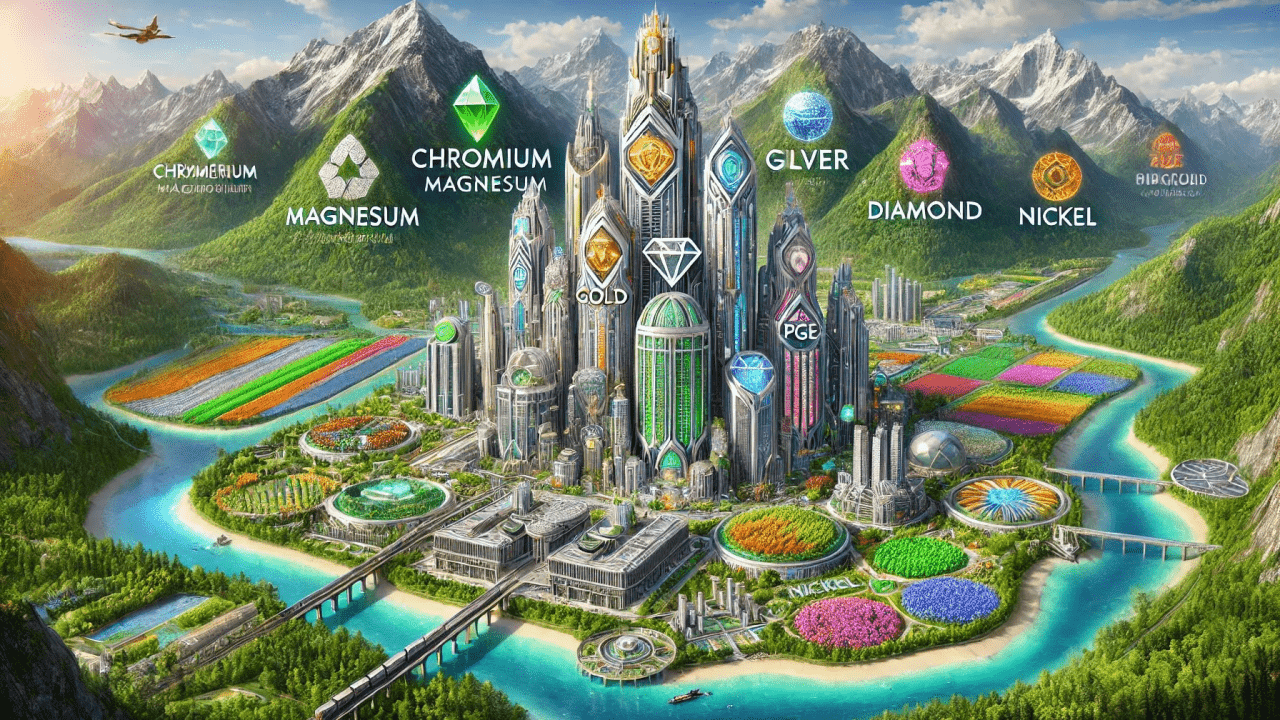
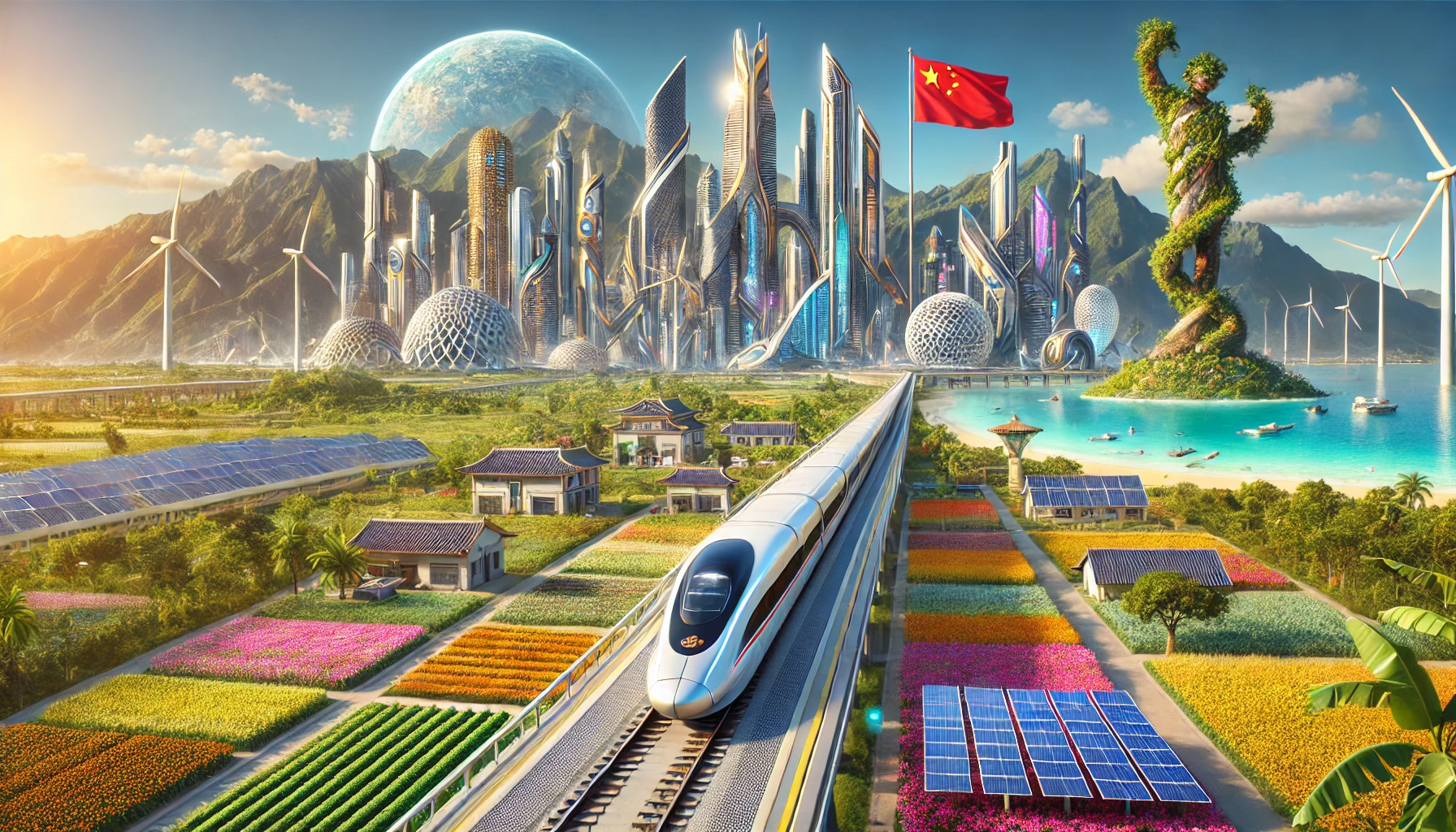
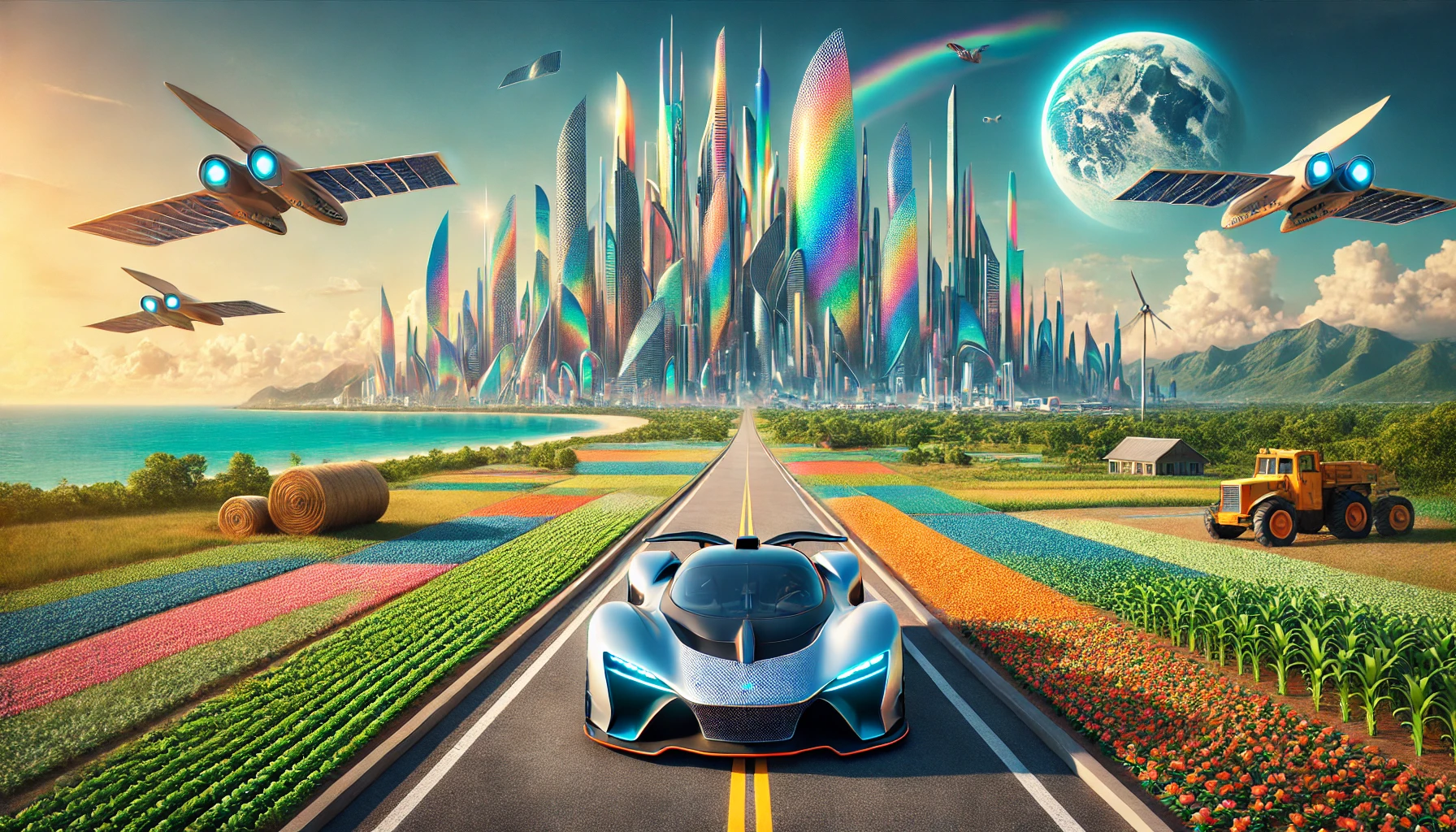




















Comments are closed.